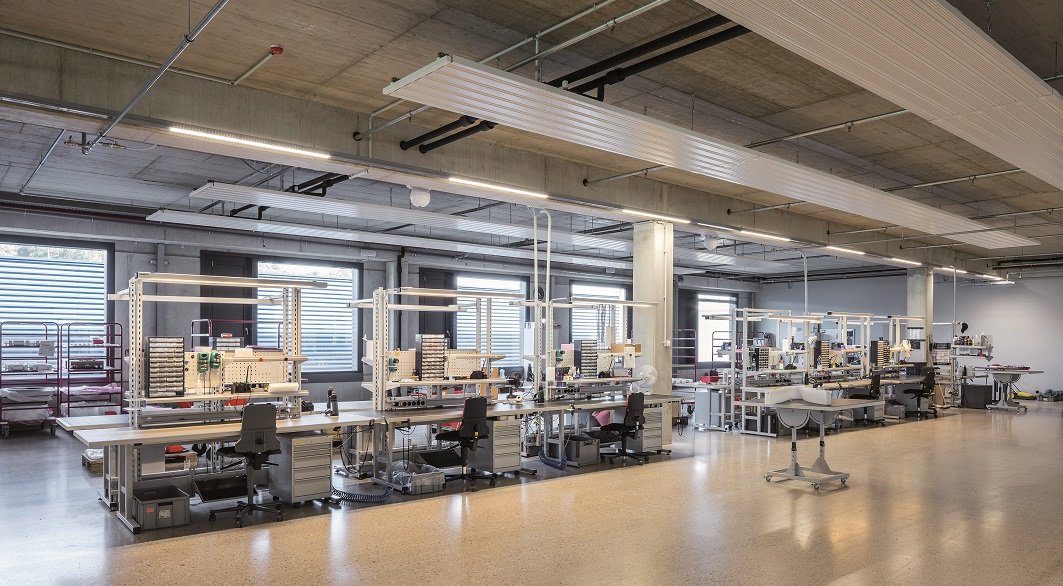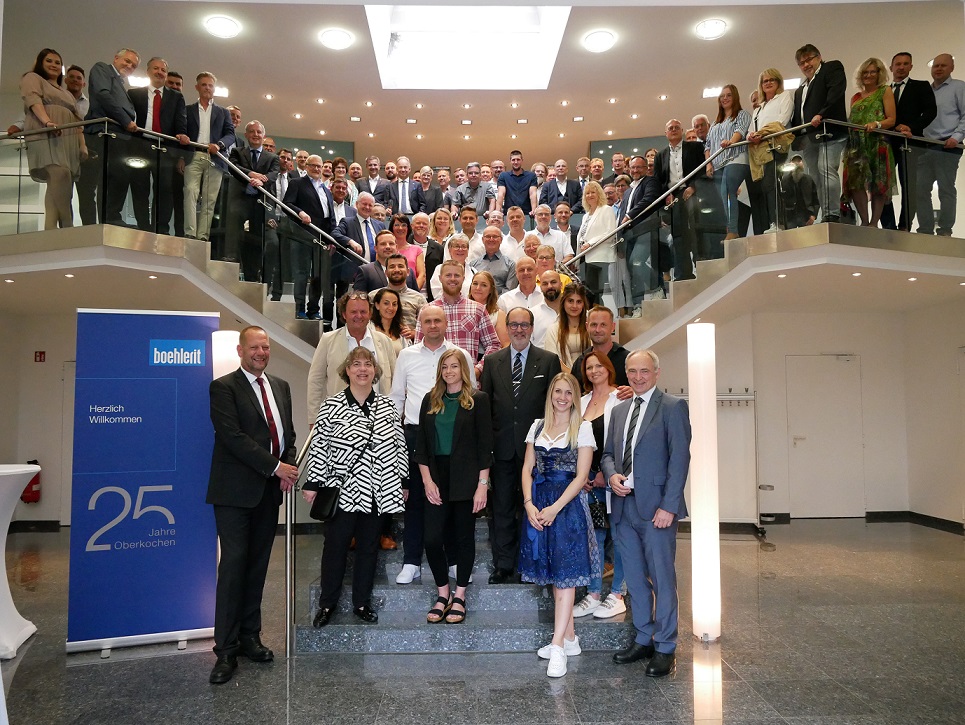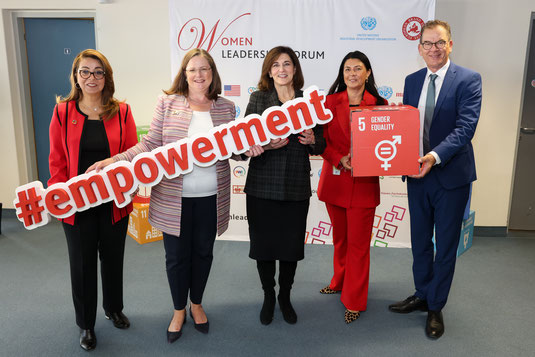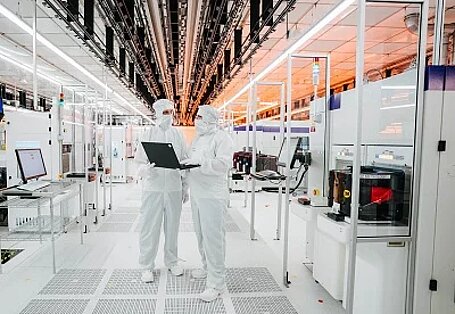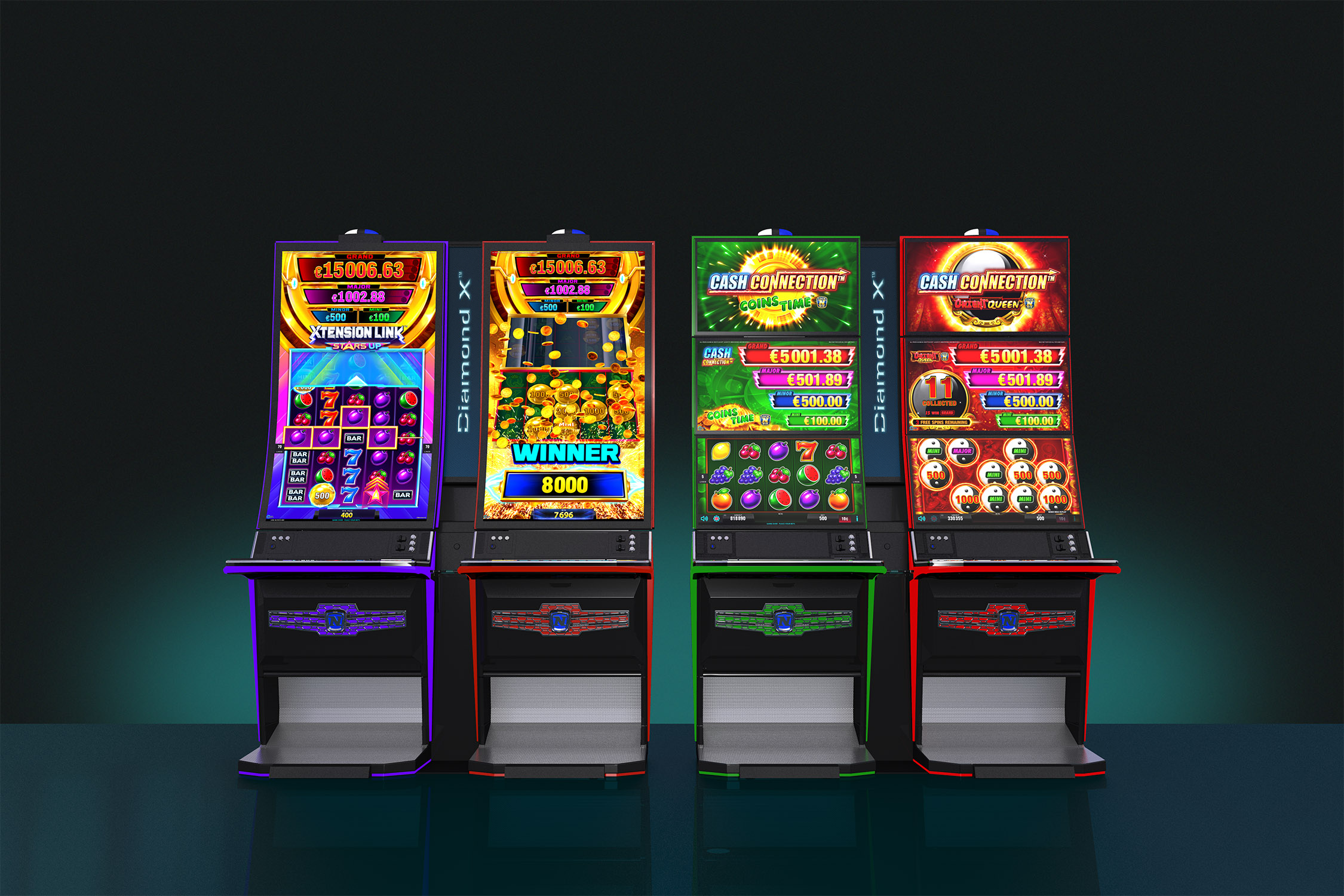The bigger the challenges and the worse the crisis, the less helpful it is to stand around feeling sorry for ourselves. “Overcoming the pandemic is the most important and urgent task, however, it isn’t our only task,” explains Monica Rintersbacher, Managing Director of Leitbetriebe Austria. “Now of all times, our leading Austrian companies need to prove that they can keep the Austrian economy running. This can be achieved by continuing to manufacture under these difficult circumstances, by ensuring that ‘critical infrastructure’ operates effectively and by continuing to supply other companies to help safeguard their existence. What’s more, they can prepare for a new start once the crisis is over. Because the sooner Austria’s economy starts functioning normally again, the sooner we can reduce the unemployment rate, reduce the financial burden on households and curb government debt. Those who are now thinking and working with the future in mind will help to overcome the crisis quickly.”
Monica Rintersbacher has been involved in intensive discussions with many of our leading companies and has come to the conclusion that in times of crisis courage and confidence are especially important ‘raw materials’ for each company and the Austrian economy. “Leitbetriebe Austria is therefore playing a critical role, which is why we want to highlight some of the many companies – and especially their highly-motivated employees – who are confronting the challenges presented by the crisis with great energy and creativity.”
Heading out of the crisis
Austrian companies deliver the highest levels of service despite the downturn
Due to the times we live in, employees working from home now find themselves making their well-earned cup of coffee themselves, instead of grabbing a cup from one of the thousands of hot beverage dispensers provided by the Austrian company café+co. The beverage vending provider delivers a high-quality service across eleven countries, supplying hot and cold beverages, and snacks, via its drinks dispensers and coffee machines. The company has been hit hard by the coronavirus outbreak, so it is now focusing even more intently on ensuring that its remaining deliveries are handled to complete perfection. “Unfortunately, drinking coffee doesn’t protect you from the coronavirus, but nobody deserves it as much as the people in companies and institutions which we are currently supplying,” explains Managing Director of café+co Fritz Kaltenegger. “We are currently focusing more heavily on customers such as hospitals, public authorities, government departments, food retailers and various infrastructure facilities. We want to be there for the people who work in these types of organisations. Our routine hygiene measures have always been of a consistently high standard, but we have optimised them even further in light of the pandemic. Wearing gloves is always a given, but now our staff are also wearing face masks and all equipment is disinfected on the outside each time it is refilled.”
High-tech hygiene measures replace standard services
The range of standard services provided by the facility services sector has declined due to the crisis – businesses, hotels and offices, which are now closed, are now only being cleaned intermittently or not at all. “We are trying to compensate for at least a part of this shortfall by carrying out special types of cleaning. This doesn’t just provide a ray of hope for the future of our business, it means more importantly that we are playing a key role in ensuring hygiene standards are flawless in order to help stem the coronavirus pandemic,” explains Andreas Ubl, Managing Partner of the facilities management company ifms Service. New types of highly effective disinfection processes are used to clean interior spaces of all types and sizes as well as cars and buses. Mobile generators are used to generate compressed air for a special cold nebulisation process, which is used to disinfect the air and surfaces in rooms over a wide area. The fine aerosol reaches and disinfects the smallest nooks and crannies to ensure the space is as clean and safe as possible.
Maintaining customer proximity and customer focus at a distance
One of the things Austria’s leading companies have been forced to learn very quickly is that a customer-focused approach can and must happen even if you cannot be in close proximity to your customers. Austria’s leading property service provider EHL Immobilien is one of the many companies that adapted quickly to this new situation. “The current situation has naturally had a huge impact on our activities. However, we are primarily using digital technology to ensure that we can continue to maintain our usual high levels of service,” explains Managing Director Michael Ehlmaier. “Instead of carrying out our usual viewings, we now offer an online version using 3D technology. And even during these challenging times, we can process financial transactions in the two-digit million range – last week alone we handled the sale of an office building and a large residential development project to two prestigious international investors.”
As the state of property values is of extreme financial importance for private and institutional investors, a comprehensive analysis of the effects of the coronavirus pandemic on the Austrian property market is being generated along with regular updates. As Michael Ehlmaier continues to explain, “This serves as a very important guide for our clients, which enables us to show them better than before the kind of services we can provide for them. I think that following this crisis our relationship with many of our customers will be even stronger and more positive than it was before.”
Sales campaigns on hold, but production continues
Leading Austrian manufacturer of designer light fittings Molto Luce is one of the many companies which combine production, distribution and wholesale services, and which are facing a particularly challenging time. “Our sales force is currently unable to make any appointments, however, production is still remaining at full capacity for the time being,” explains Managing Director Friedrich Eiber. “This is mainly possible because under normal circumstances we usually maintain a very healthy order backlog. If the restrictions don’t last for an excessively long time, we can complete these orders and won’t need to scale back our production.” Friedrich Eiber is also confident that it will not all end in disaster and that the orders which didn’t materialise in March, April and even in May will just come in later than originally expected. “All sectors will start to invest again, including in modern, high-quality lighting systems.” The focus will therefore be on growth and not stagnation once the coronavirus crisis is over.
Disrupted supply chains open up new export opportunities
Some sectors have not been as severely affected by the crisis and new opportunities are even being opened up at least in some sub-sectors. This has certainly been the experience of Markus Tadler, Marketing Director of Schmid Schrauben, a family firm with a 175-year-old history. “It has not been as bad as we had feared so far. Some export markets, such as Scandinavia, are performing especially well because we are receiving orders from customers who would normally buy from suppliers in Asia, which are not supplying at the moment.” According to Markus Tadler, domestic demand from DIY stores has surprisingly not been disrupted as much as expected because sales volumes have remained at a certain level due to delivery and contactless collection services and the fact that people now have more time for DIY projects. “Sales are obviously down across the manufacturing and construction sectors, but even though we wouldn’t say that the situation is particularly good on the whole, it’s not a complete disaster either.”
From swimming pools to face shields – a surge in crisis-induced creativity
New situations require companies to think differently and to explore new avenues. Swimming pool manufacturer Wallner Kunststoffverarbeitung is a perfect example of a company that has demonstrated this kind of creative thinking. In response to the pandemic, the company quickly switched its production lines from manufacturing polyester pools to protective equipment. This leading Austrian company now manufactures plexiglass cough and sneeze panels as well as face shields, which can be retrofitted to standard construction safety helmets. “When you’re in a supermarket, bank or chemists, there is a good chance that we have produced the plastic protective screens that you will see there,” explains the company’s owner Andreas Wallner. “These products aren’t particularly important from a financial perspective, but we are proud that even as a manufacturer of swimming pools we can make a meaningful contribution to the fight against COVID-19. Our core business is currently suffering because even though there are lots of construction projects in the pipeline, many construction companies are unable to work at full capacity.” Andreas Wallner is still anticipating a positive outcome in the medium and long term because he believes many homeowners will be investing in their properties when the crisis is over. In addition, the fact that many public swimming pools could remain closed over the summer, might perhaps induce some people to think about having their own pool.
Monica Rintersbacher certainly believes that the crisis strategies employed by Austria’s leading companies deserve the greatest respect. “The energy, expertise and creativity of our leading companies is remarkable. We obviously can’t expect even the best strategies to conjure away the negative effects of the crisis, however, they allow businesses to continue operating in the best way possible. Above all, they create optimal conditions for successful new beginnings. The overarching message is unequivocal: we are looking to the future and Austria is still open for business!”
